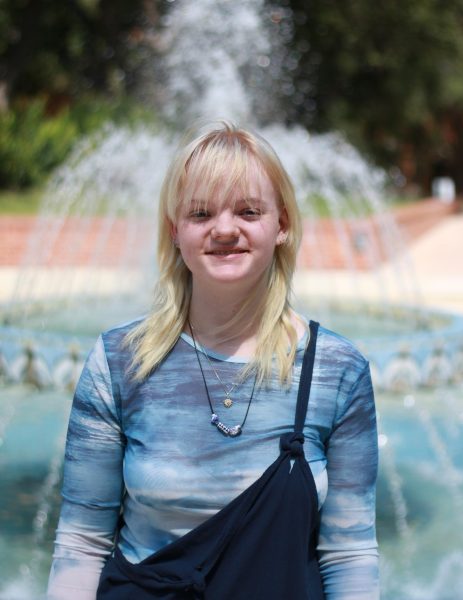I feel like a drone. Wake up, go to class, work on assignments, eat food (optional), go to sleep (optional), repeat. Carving out time to socialize, take care of myself or just take a deep breath seems as insurmountable as Everest sometimes. That being said, I am lucky enough to be in a place mentally where I can handle the repetitive, rigorous humdrum of mandatory attendance and back-to-back assignments. However, not everyone can exert themselves beyond their limit daily. Accommodations to meet every student at a reasonable level for them are crucial to providing “the highest levels of academic and professional excellence” that Trinity boasts in its mission statement.
The mandatory attendance policy that many professors grace their syllabi with is stupid and harmful to students who struggle with their mental health. Especially at a university we are all paying to attend, threatening students with a lowered GPA for missing a few classes should be illegal. While it’s true that regular attendance helps students keep up with the material they need to learn, we’re all old enough to take our success into our own hands.
If I have an exam worth 30% of my grade at 10 a.m., my 8:30 lecture on a topic I’m already confident in just isn’t a priority. If I do well on all my assignments, the number of days I wasn’t present in class shouldn’t count against me. As for discussion-based grades, ample opportunity to make up for discussions held in class on a day you weren’t able to attend should be provided.
This is especially true concerning students who struggle with their mental health. When getting out of bed in the morning simply
isn’t an option, attending class is out of the question. Professors who equate missing class with laziness and a lack of effort need to keep in mind that prioritizing punishment over support is helping nobody. If missing one class every few weeks can drop grades down a whole letter, classes need to be restructured in a way to either easily make up for the information missed or to grade students on their understanding of overarching concepts more so than hyper-specific details mentioned in lectures and discussions.
Of course, Trinity has Student Accessibility Services (SAS), which works to bridge the gap between mental illness and a full education. However, while giving students the option to access recorded lectures, keep deadlines flexible and take tests without feeling rushed are all fantastic policies, there is still room for improvement. For example, offering a Zoom option for in-person lectures could allow students who are unable to physically attend classes to keep up with their learning in a timely manner. If Zoom is too much of a hassle, recording lectures and posting them after class would be a step in the right direction.
While some deadlines are in place for good reason and can’t be shifted around, many are arbitrary and add unnecessary pressure to assignments. It’s cruel to penalize students for not turning in an essay by exactly 11:59 p.m. on the day it’s due, even though it will be graded weeks later. There’s no reason not to provide some grace if you don’t even plan on looking at the submission for weeks to come. Students with chronic anxiety, depression, ADHD or other debilitating mental illnesses would be more able to put their best foot forward knowing that a late assignment here or there won’t be met with a failing grade. The same goes for in-class discussions, as putting an insane amount of pressure on attendance will just lead to more absences. Policies catering to students’ mental health could help make school feel less like rote memorization and regurgitation of facts, and more like learning for its own sake.
School is overwhelming for us all, but a little extra support from professors and doing away with the notion that mental illness is just laziness could make for a more effective learning environment. At the end of the day, we are paying for an education, not an anxiety-inducing race against deadlines and obligation to sit in a lecture hall when there are bigger concerns in our lives. Accommodating students in special situations isn’t showing favoritism or being unfair, it’s acknowledging that every individual has different needs and ways of investing in their futures.






